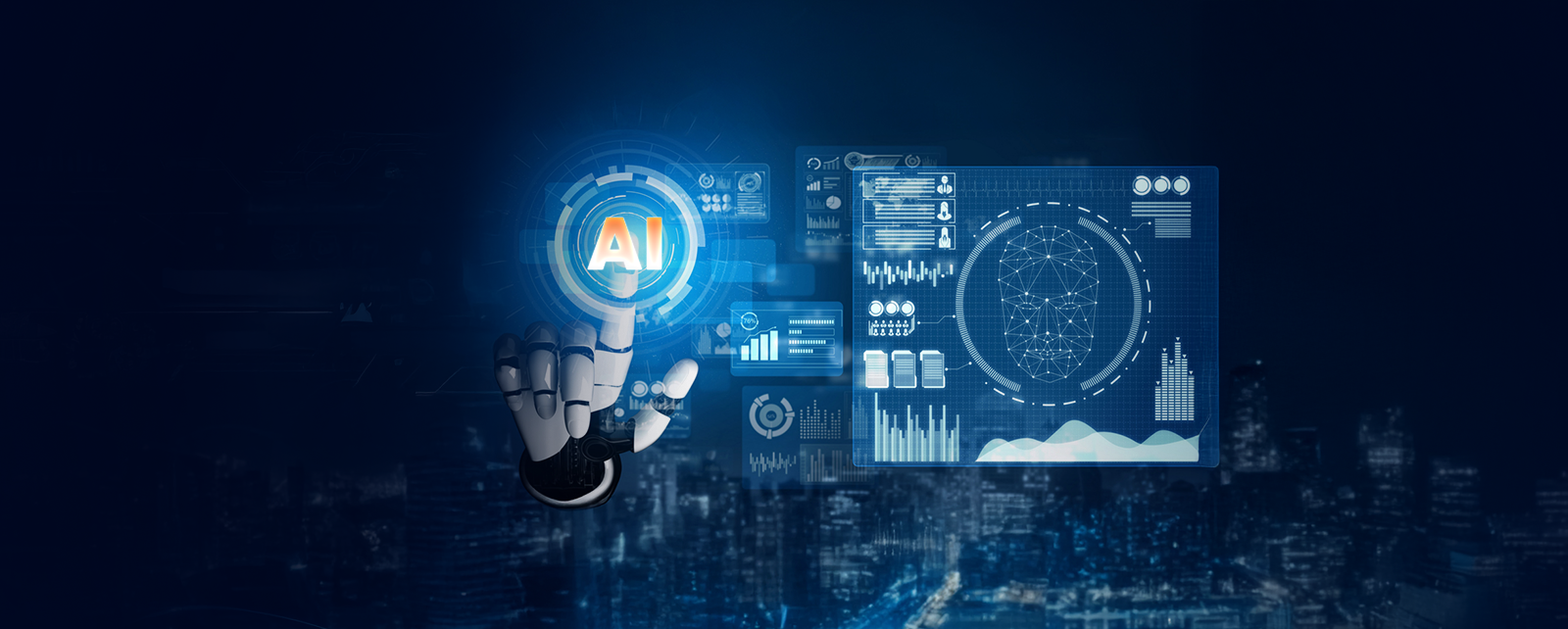
Digitalization is entering into a new phase of evolution—one in which AI is continuously learning and achieving new levels of autonomy across the organization. Even though Robotic process automation (RPA) has dramatically increased efficiency and enabled businesses to automate high-volume repetitive tasks, there are inherent limitations when multiple processes are involved. Agentic AI is turning these limitations on its head injecting flexibility, adaptability and enhanced capability to deal with complex scenarios, which often entails judgement, and to take actions independently based on intelligent analysis and continuous learning.
Agentic AI will have massive ramifications in traditional systems and processes, specifically in service interactions. Within the next four years, i.e. by 2029, 80% of customer service issues will be resolved independently without human intervention, according to Gartner.
The Shift from Rule-Based Bots to Intelligent Agents
The contrast between RPA and Agentic AI could not be more stark—while RPA works in the background Agentic AI will bring autonomy to the front and center of organizations. RPA deployment is defined via coding, and it interacts with the software through a user interface—similar to how humans interact. While the core of Agentic AI is designed with a human-like architecture which enable it to process unstructured data, apply reasoning and execute tasks in complex workflows with precision.
To put it simply, Agentic AI extends the capabilities of RPA by embedding intelligence into the automation process. It mimics human cognitive capabilities and operates in complex environments to take independent decisions, much like a human brain. The autonomy of AI systems marks a profound shift in enterprise technology empowering organizations to be more intention driven.
Use Cases Where Agentic Automation is Creating Impact
From customer care, supply chain and cyber security, Agentic AI is the most watched application in AI development. According to Deloitte’s State of Generative AI report, 26% respondents have stated that their organizations are actively exploring Agentic AI applications and use cases.
NewVision’s team of experts have helped clients build autonomous multi-agent systems by adding role-specific agents such as customer-care specialists or financial analysts and by integrating with external APIs such as financial market data. Below we share our perspectives on new possibilities with Agentic AI in different applications.
Customer Support: A new level of efficiency with NLP capabilities, context-aware information retrieval and intelligent escalation with Agentic AI will allow customer service organizations to focus on higher value tasks such as empathy, escalations and relationship building.
Financial Services: Real-time monitoring of transactions to flag anomalies, security breaches and compliance, while faster data reconciliation of financial transactions will empower human analysts to focus on better strategic planning, risk mitigation and investment opportunities.
Supply Chain Management: High level of operational efficiency, cost savings and better preparedness with demand forecasting, dynamic route optimization and close co-ordination across the supply chain and logistics and transportation sector to navigate disruptions due to geo-political risks, natural calamities and volatility.
Cyber Security: With increased cyber security attacks, Agentic AI elevates the defense system with continuous monitoring and remedial action such as shutting down a vulnerable port, a compromised system, or denying access to intrusion. At the same time, it helps to fortify IT systems with predictive analysis and recommendations.
Scripting a Successful Autonomous Strategy
Agentic AI is the most interesting amongst GenAI applications enabling AI to access multi-modal types of information and the ‘agency’ to act independently by orchestrating complex workflow, coordinating with other agents, while learning continuously based on feedback loop.
Agentic AI is a shift from a reactive mode to proactive mode and so organizations are seeking to create competitive differentiation by focusing on areas that are uniquely critical to the success of business. A strategic approach wherein automation is viewed as a continuum is necessary to systematically harvest the benefits of RPA, while experimenting with new capabilities of Agentic AI.
The move from automation to autonomy is inevitable and forward-thinking organizations are already exploring how AI agents can augment their teams. However, Agentic AI faces the same set of challenges as GenAI such as regulatory uncertainty, building trust and transparency, data deficiency and talent issues and must design a comprehensive strategy that carefully considers the challenges while navigating the journey from automation to autonomy.
Digitalization is entering into a new phase of evolution—one in which AI is continuously learning and achieving new levels of autonomy across the organization. Even though Robotic process automation (RPA) has dramatically increased efficiency and enabled businesses to automate high-volume repetitive tasks, there are inherent limitations when multiple processes are involved. Agentic AI is turning these limitations on its head injecting flexibility, adaptability and enhanced capability to deal with complex scenarios, which often entails judgement, and to take actions independently based on intelligent analysis and continuous learning.
Agentic AI will have massive ramifications in traditional systems and processes, specifically in service interactions. Within the next four years, i.e. by 2029, 80% of customer service issues will be resolved independently without human intervention, according to Gartner.
The Shift from Rule-Based Bots to Intelligent Agents
The contrast between RPA and Agentic AI could not be more stark—while RPA works in the background Agentic AI will bring autonomy to the front and center of organizations. RPA deployment is defined via coding, and it interacts with the software through a user interface—similar to how humans interact. While the core of Agentic AI is designed with a human-like architecture which enable it to process unstructured data, apply reasoning and execute tasks in complex workflows with precision.
To put it simply, Agentic AI extends the capabilities of RPA by embedding intelligence into the automation process. It mimics human cognitive capabilities and operates in complex environments to take independent decisions, much like a human brain. The autonomy of AI systems marks a profound shift in enterprise technology empowering organizations to be more intention driven.

